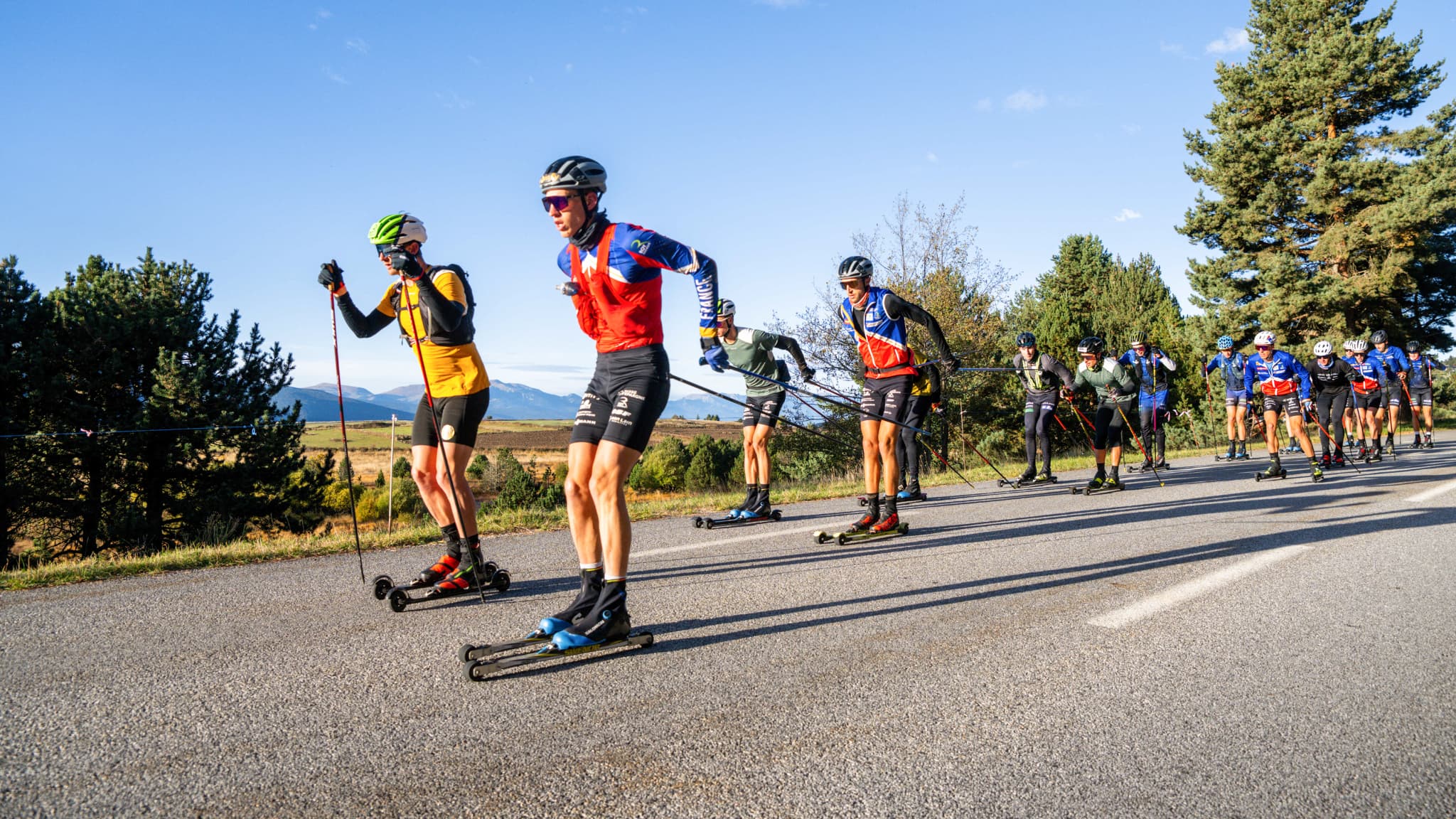German Industrialist Clashes with Town Over Traffic Calming Measures
Wohnungsbau Sentiment Improves Despite Persistent Order Shortages
Berlin Authorities Clear Partially Occupied Building Following Years-Long Dispute
CSU's Guttenberg Defends Party's Incompatibility Resolution With Far-Right AfD
Holcim to Acquire German Building Materials Firm Xella in €1.85 Billion Deal
Winter Sports Face Reality Check with Roller Biathlon Exhibitions

The International Biathlon Union is confronting climate change head-on with experimental roller-ski competitions, staging the Loop One Festival in Munich's Olympic Park as both a public showcase and practical preparation for potentially snowless winters. Top athletes from around the world gathered for the exhibition event, which featured biathlon on wheeled skis rather than traditional snow surfaces. The IBU openly acknowledges these events serve as testing grounds for what might become necessary adaptations to shorter, warmer winter seasons.
French biathlete Lou Jeanmonnot, last season's World Cup runner-up, described the roller-ski format as "the biathlon of the future" while acknowledging the sensory differences from traditional competition. "Technically it still resembles cross-country skiing," she noted, "but it's totally different for ski lovers - there's the softness, the absence of noise that I personally adore." Jeanmonnot captured the ambivalence many athletes feel, calling the situation "dramatic that we've come to this point, but necessary."
The practical implementation saw athletes navigating a 1.8-kilometer loop around Munich's Olympic stadium and lake, shorter than the standard 2.5-kilometer World Cup courses. Competitors used specialized wheeled skis approximately sixty centimeters long with 80mm wheels at each end, requiring helmets for safety during falls. Jeanmonnot advocated for developing the festival into "a real biathlon competition" rather than merely a show, suggesting competitive formats could evolve alongside climate realities.
Other elite competitors echoed the mixed perspective. French world champion Éric Perrot, who won his qualifying series and advanced to the finals, described roller-ski events as "very complementary to our winter sport" while expressing preference for keeping the two circuits separate. The Munich exhibition attracted substantial public interest, with nearly 10,000 paid seats in the main grandstand, indicating potential for broader audience engagement as the IBU continues exploring climate-resilient competition formats six weeks before the traditional World Cup season begins on snow in Östersund, Sweden.